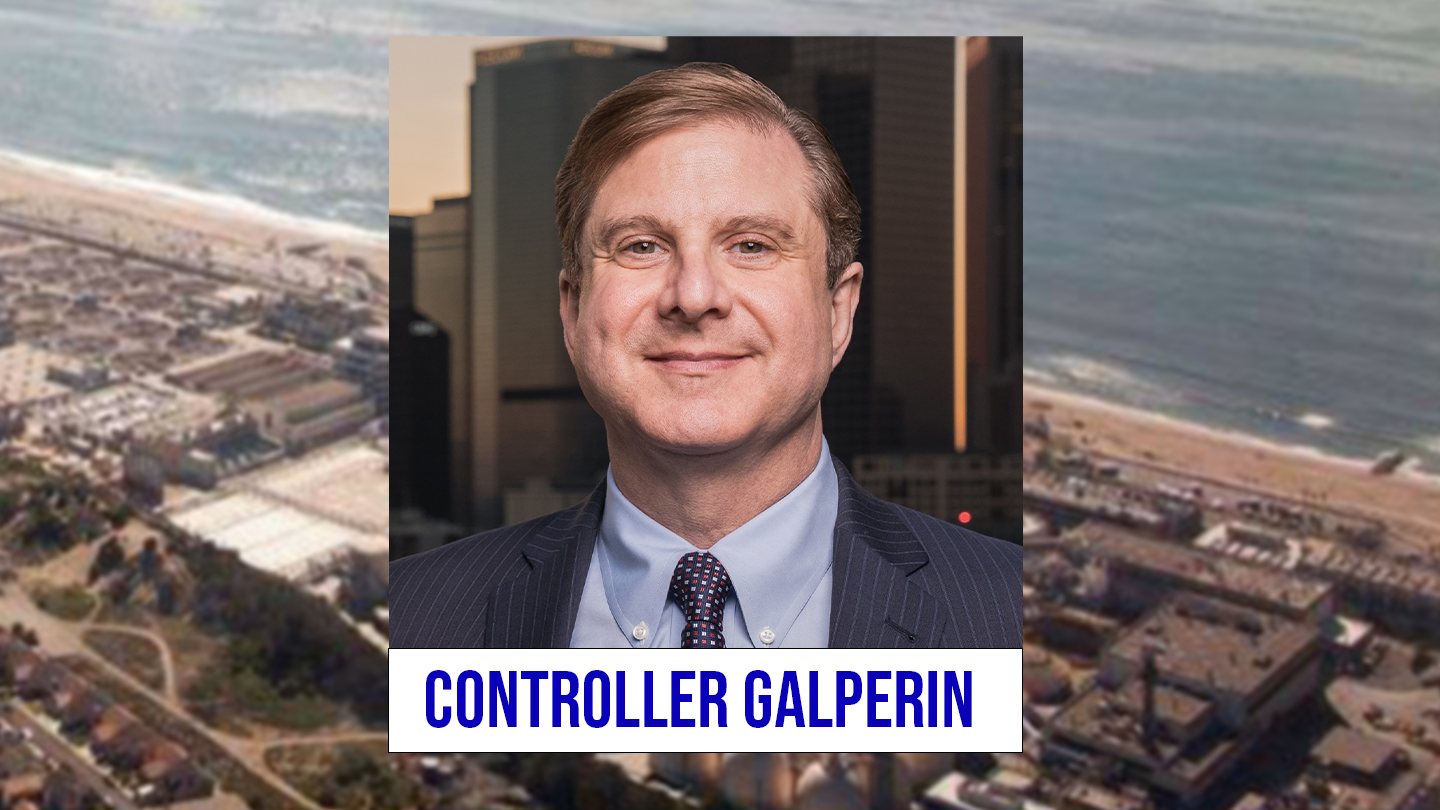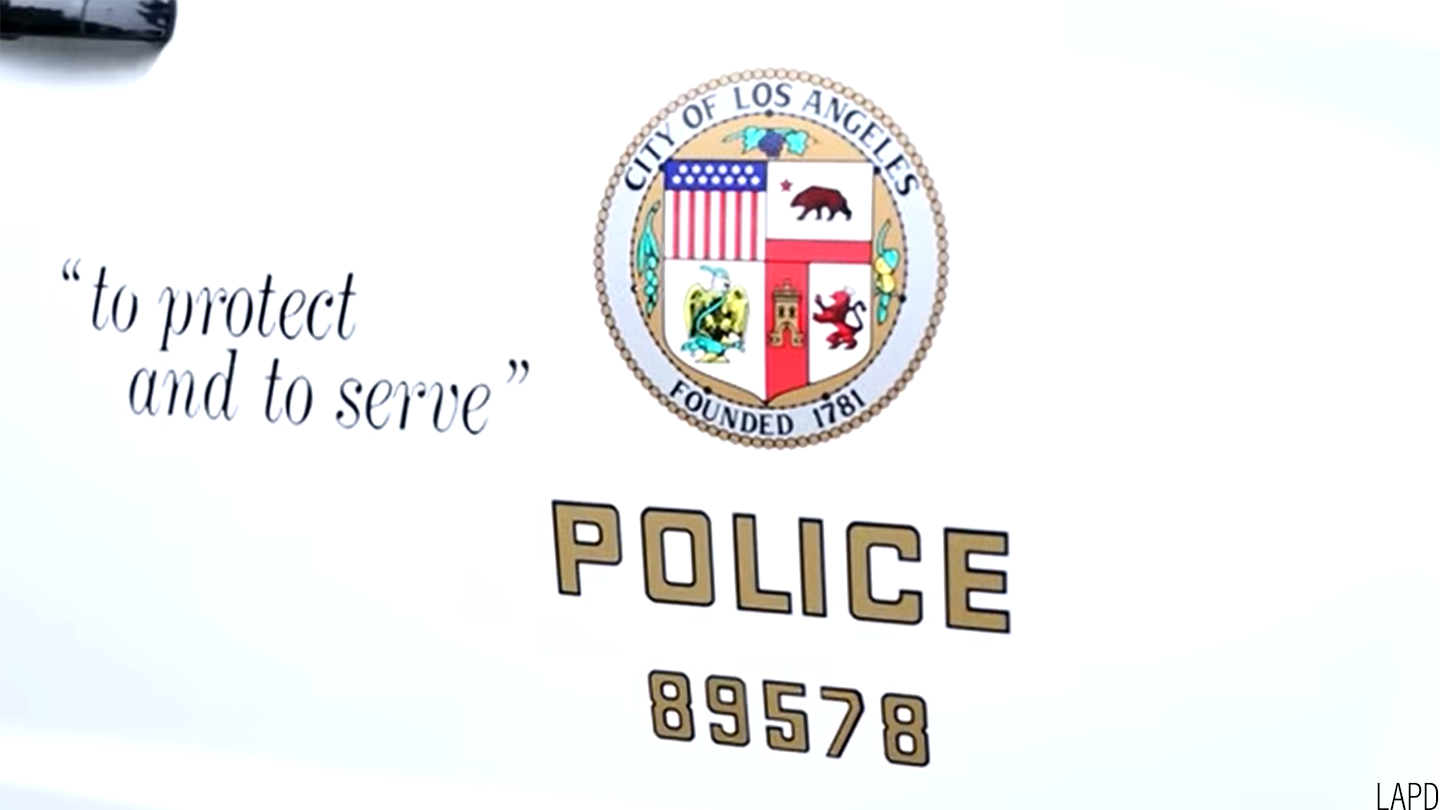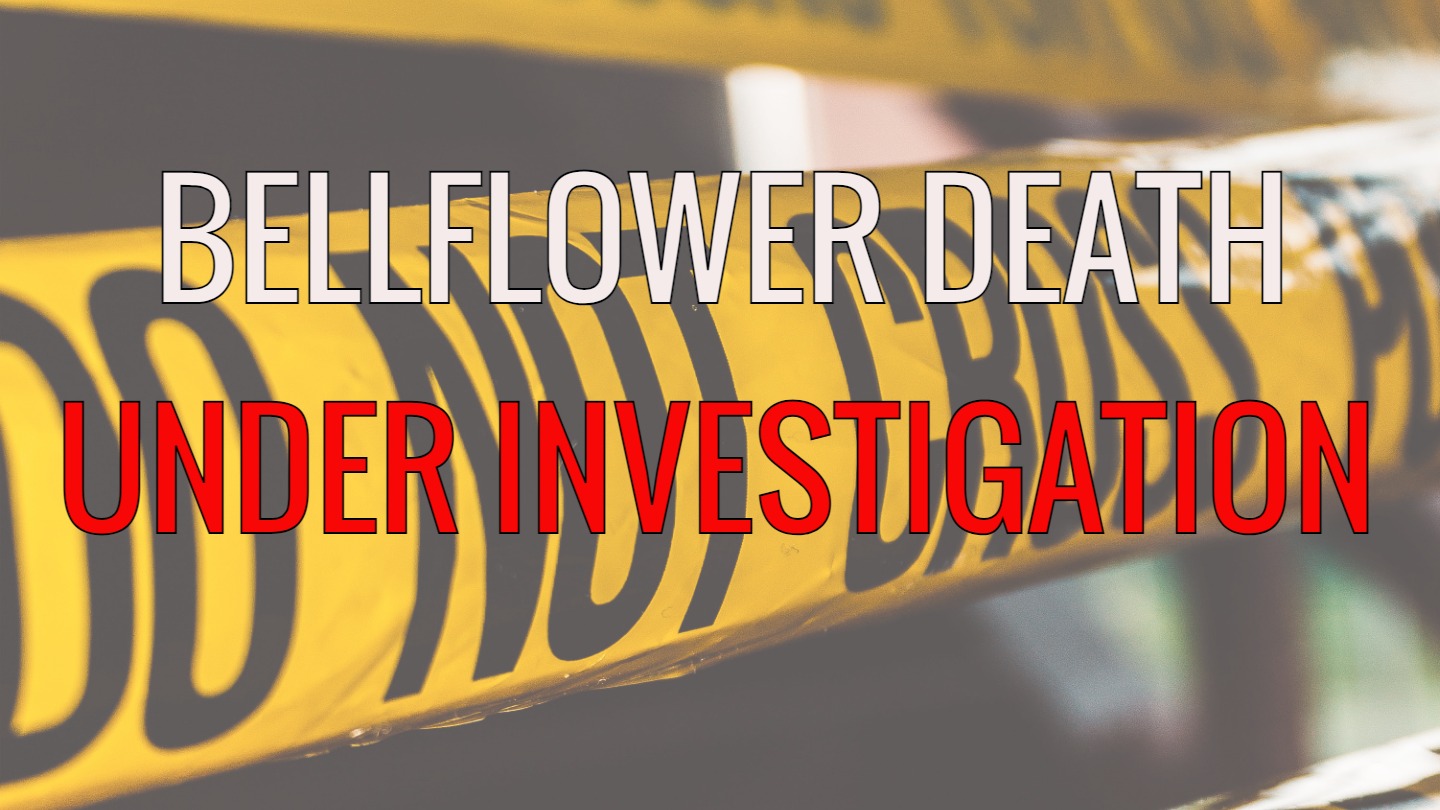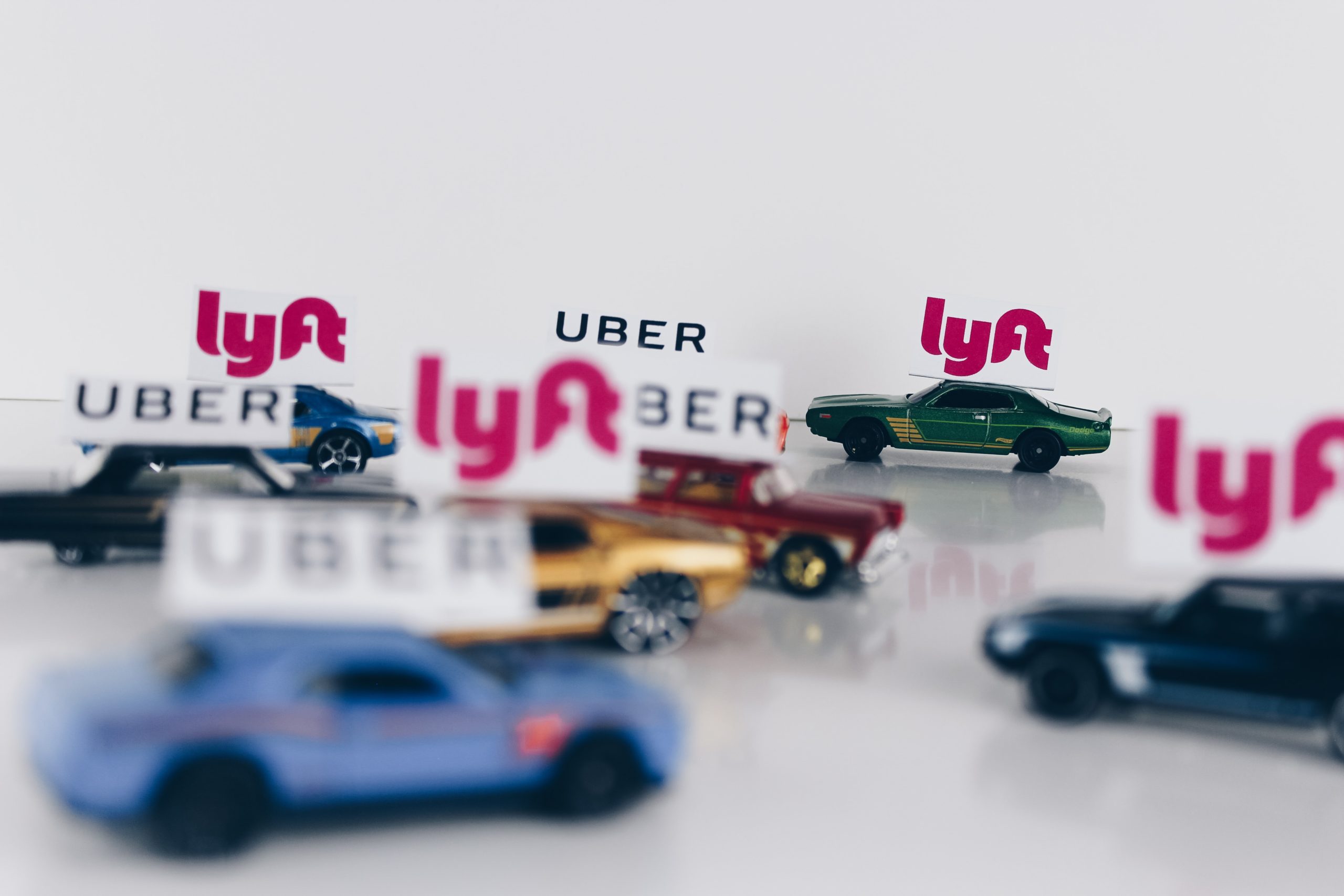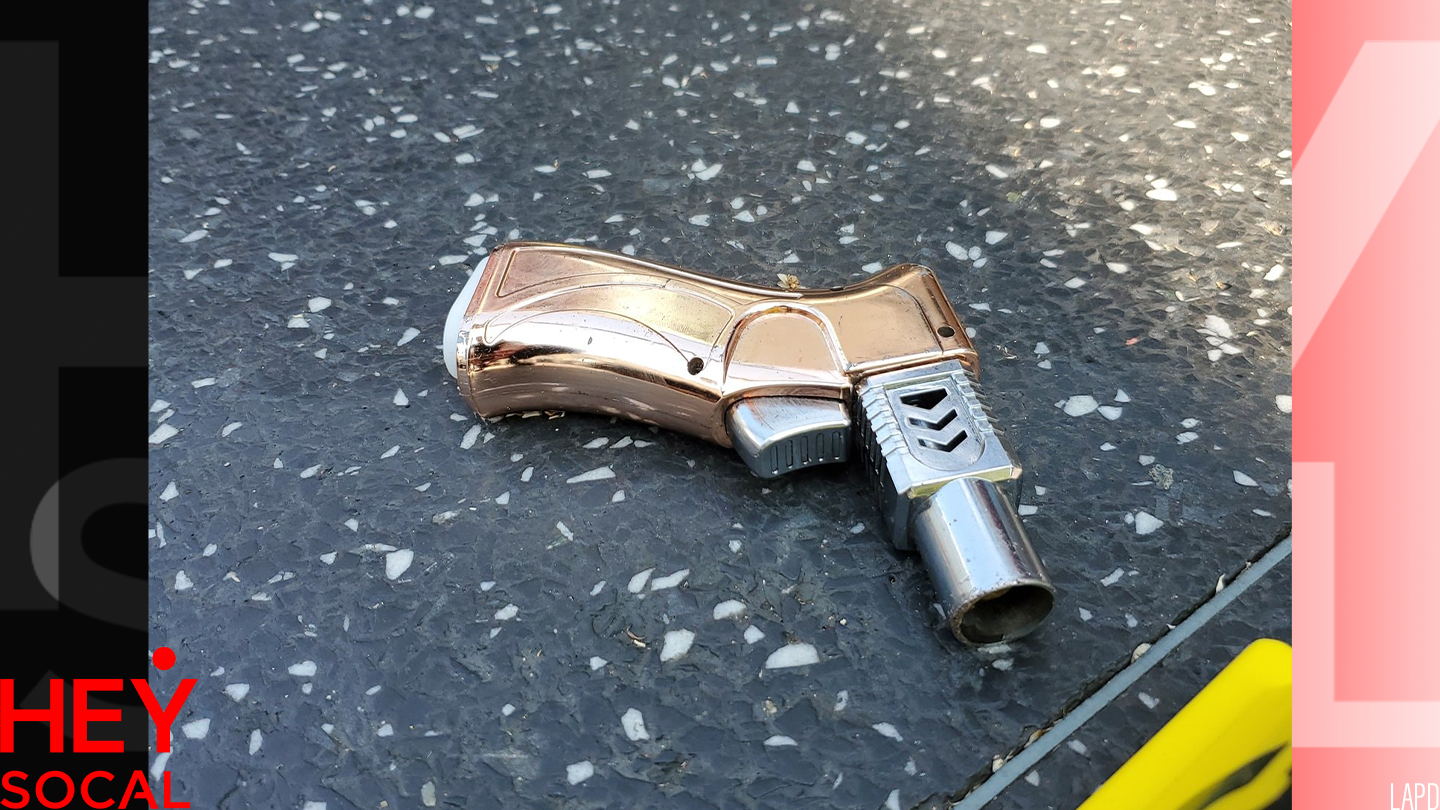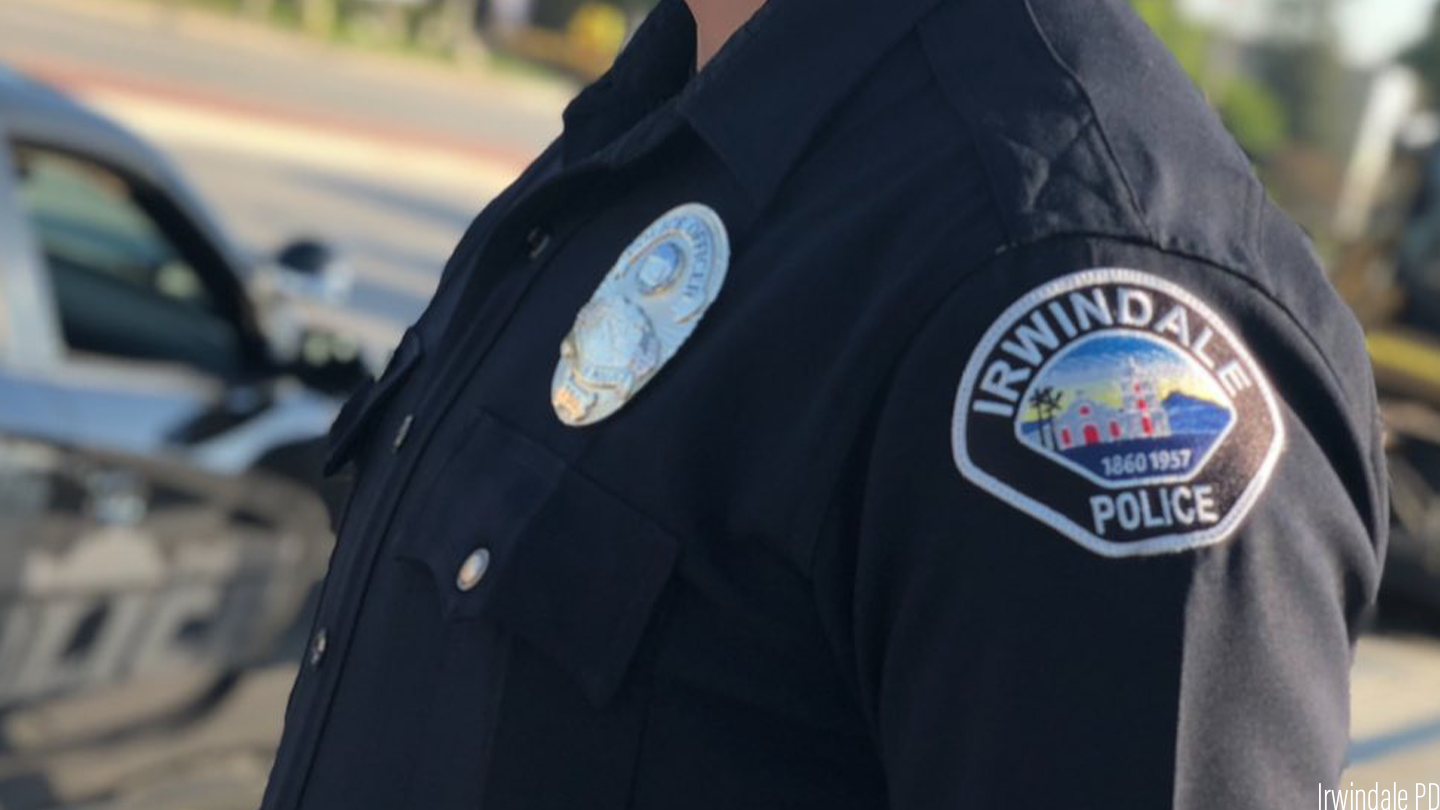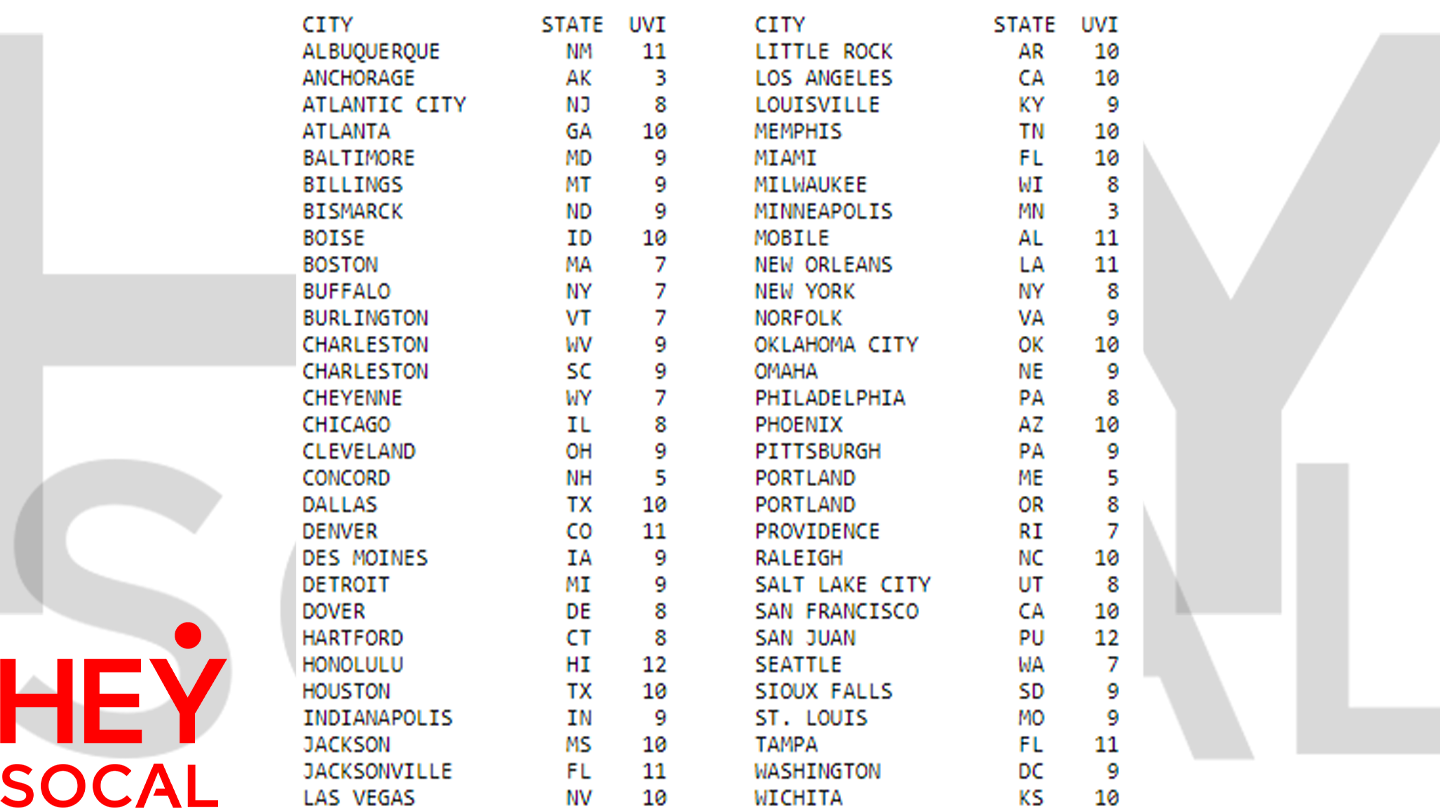Los Angeles Controller Ron Galperin sent a letter to LA Sanitation and Environment Tuesday demanding answers about the cause and impact of a 17 million-gallon sewage spill that closed beaches from El Segundo to the southern end of Playa del Rey.
“This catastrophic accident not only did great damage to our local beaches and water, but also undermined the public’s trust in their government’s ability to serve them and keep them safe,” Galperin said. “Residents have the right to know exactly why the sewage spill happened, its impact on the area, the cost to taxpayers and what steps will be taken to prevent another similar incident in the future.”
The Hyperion Water Reclamation Plant discharged 17 million gallons of untreated sewage through its one- and five-mile outlets on June 11.
Beaches were closed the next day, prompting questions about why it took a day to notify the public about the untreated sewage spill and close the following areas:
- Dockweiler State Beach at Water Way Extension;
- Dockweiler State Beach at Hyperion Plant;
- El Segundo Beach; and
- Grand Avenue Storm Drain.
In his letter, Galperin, who as controller serves as a watchdog on public spending, called the spill “an environmental disaster and imminent threat to the health and safety of millions of residents in and around the city.”
He noted that it took almost 24 hours to notify the public via social media about the spill, and asked:
- how LASAN first notified the public and at what time LASAN was first notified of the spill;
- what city departments and county and state partner agencies were notified about the spill; and
- what criteria must be met at the Hyperion Water Reclamation Plan for an emergency alert via the NotifyLA mass notification system to be triggered.
The controller also asked which regulatory agencies will investigate the incident, what the spill’s impact was on environmental and public health, what repairs are needed at the plant and how much it will cost taxpayers.
The beaches were reopened on Thursday after ocean water samples collected over two days met state standards for acceptable water quality, the Los Angeles County Department of Public Health said.
Hyperion Executive Plant Manager Timeyin Dafeta issued a statement June 12 saying that on the afternoon of June 11, the plant “became inundated with overwhelming quantities of debris, causing backup of the headworks facilities. The plant’s relief system was triggered and sewage flows were controlled through use of the plant’s one-mile outfall and discharge of untreated sewage into Santa Monica Bay.”
Dafeta said the 17 million gallons of sewage — about 6% of a daily load — was discharged as an emergency measure through the one-mile outfall to prevent the plant from going offline and discharging more raw sewage. Normally, treated sewage is discharged through the five-mile outfall.

